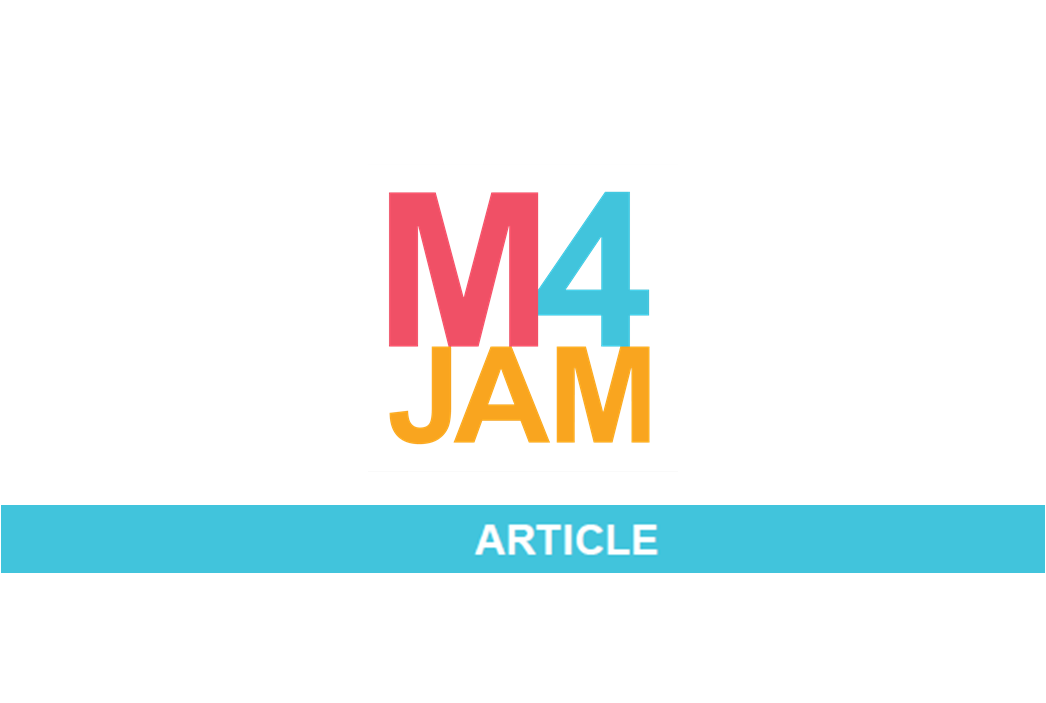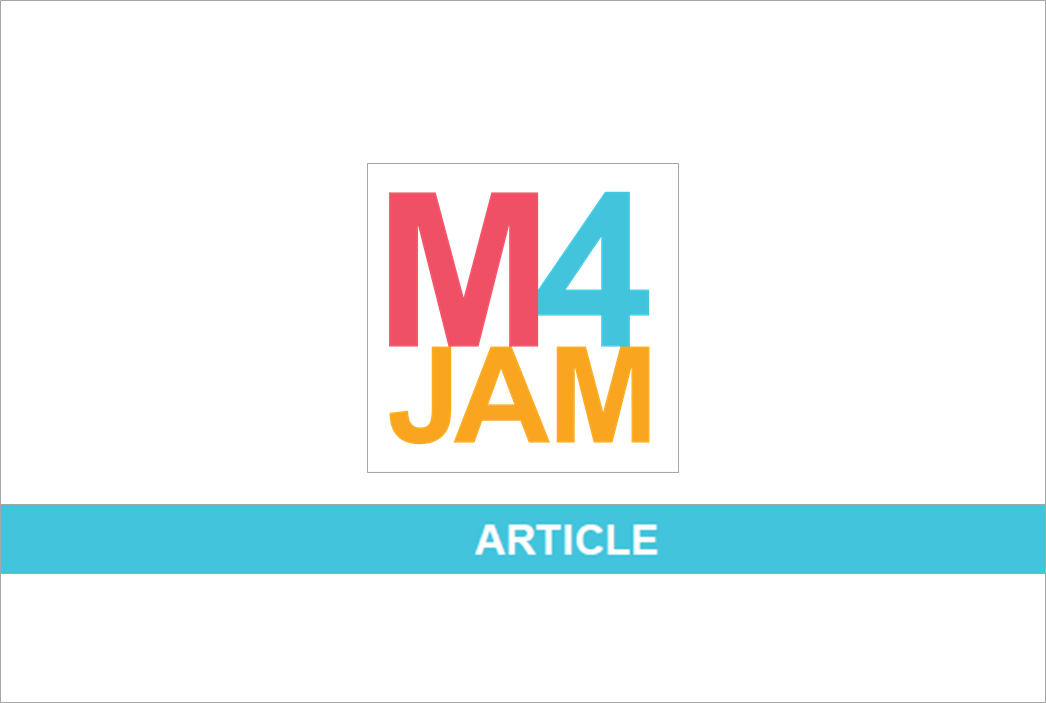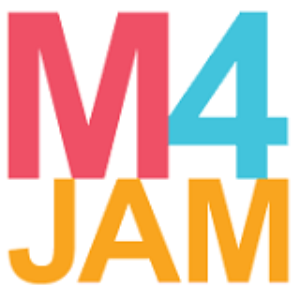Just as South Africa has been racked by worsening waves of Covid-19, with health facilities struggling to cope, the relentless news cycle of corruption has swamped the courts with legal action. In both cases, the end is not yet in sight, with corruption cases likely to be drawn out as individuals with deep pockets frustrate the justice system.
In a survey of 1000 South Africans by gig technology company, M4Jam, attitudes toward the spiralling count of corruption cases and the trust deficit in the country’s leadership were polled.
Of the 1000 respondents, 97% said corruption was either a serious or very serious problem in the country. Only 1% believed corruption could not be considered a serious issue. 88% of those taking the survey said they believed corruption had worsened in the last year, while 9% said it had stayed at the same level.
Opinions of public officials in the government were particularly scathing, with respondents believing most of the officials from the presidential office to parliament and local government were likely to be corrupt.
While certain politicians have attacked the judiciary – seen by many as a calculated move and an attempt to discredit adverse legal judgements in future – the survey respondents were, in general, less inclined to believe that judges and magistrates were corrupt. Religious leaders were similarly viewed as less corrupt than the government, while state-owned companies like Eskom fell in between these rankings.
Interestingly, despite protests such as #datamustfall and personal protective equipment supply corruption headlines, the private sector was generally viewed as less corrupt, with the highest ratings of “I don’t know” or “None of them are involved”.
“It is clear that delivery of services and products by the private sector is perceived as a tangible exchange for most consumers,” says Georgie Midgley, CEO of M4Jam. “In the public sector, the ongoing lack of delivery in exchange for taxes is an obvious disconnect and the source of discontent.”
57% of respondents believed South Africans could not freely report corruption without fear. Concerns ranked by the impact on their decisions to report or not, were of being harassed and punished for telling, a culture of bribery, a lack of consequences, normalisation of corruption and a lack of suitable channels for reporting it. 78% believed the government was doing “fairly badly” to “very badly” in fighting corruption.
Asked about the functioning of the judicial system specifically, most respondents believed the judiciary was dependent on the government, not trustworthy, corrupt, unfair and designed to punish only poor people.
51% of respondents believed it would be possible to use personal connections or bribe their way out of paying taxes, to avoid going to court (56%) or to avoid paying fines (65%).
Regarding the application of the law, 73% of respondents believe treatment is unfair, 66% believe the crimes of officials go unpunished, while 62% said the crimes of ordinary citizens are routinely punished.
Related to malfeasance by public officials, 53% said the quality of education had worsened during the past three years, as had the public health sector (57%), electricity supply (78%) and water supply (57%).
79% of respondents said the media should constantly investigate and report on government mistakes and corruption, while only 21% believed the media featured too much negative reporting and that it harmed the country.
“There is certainly news cycle fatigue prevalent in South Africa. The sheer volume of bad news that is brought to light can leave most people disheartened. At the same time, the link between what has been unearthed by investigative reporters and prosecutions for misdeeds remains clear and it is vital that citizens are kept abreast of what is happening with the public purse,” says Midgley.
Disclaimer: The findings presented in this report summarise the results of an informal and non-scientific survey conducted by M4Jam, which was completed by 1000 Jobbers. This information does NOT reflect the views of M4Jam and is NOT intended as a substitute for formal research conducted by the South African Government or any council thereof.
Read the full article HERE
About M4Jam
M4Jam is a Gig technology company that connects organisations to communities through its mobile platform. The platform enables businesses to quickly and cost-effectively evaluate, activate and optimise new or existing markets, even in the hardest to reach informal communities. The Fairwork Project, an international academic research organisation, ranked M4Jam in the top 20 globally for protecting its registered contract and temporary workers from the impact of Covid-19 on their livelihoods.
M4Jam is a winner in the World Summit Award for 2020 under the category of smart settlements and urbanisation for its focus on providing temporary and contract work opportunities to economically disadvantaged communities in South Africa and has been selected as the best and most innovative digital solution from the country. In addition, M4Jam was awarded the Global Champion for 2021 at the annual WSA Global Congress.




